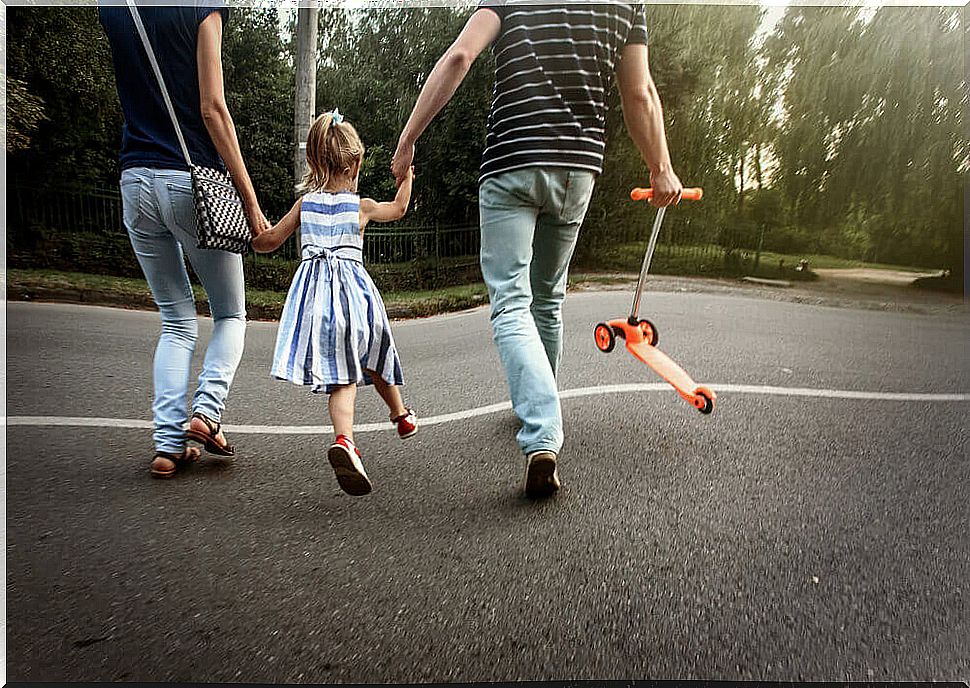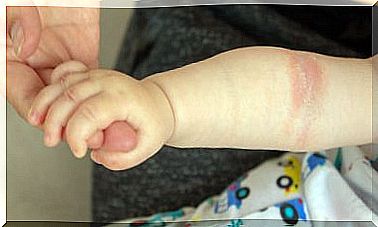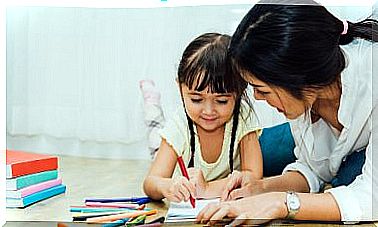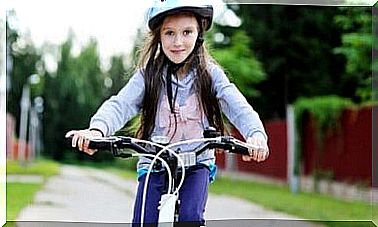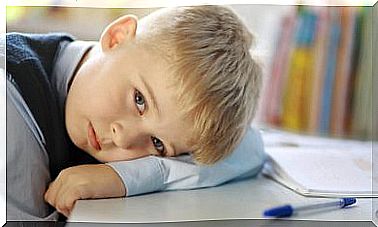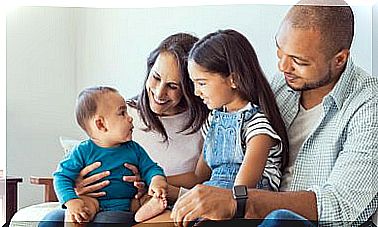Cabin Syndrome: How Can It Affect Your Children?
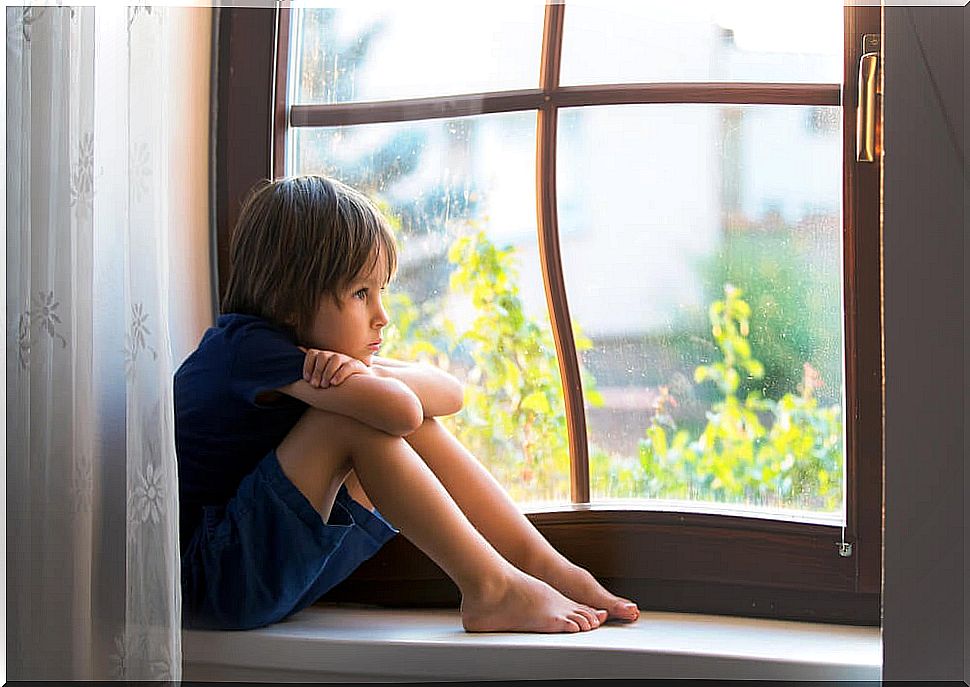
The appearance and spread of COVID-19, and the measures taken to prevent new infections, drastically turned our lives and those of our children upside down. Classrooms were closed, after-school activities were suspended and, ultimately, going outside was no longer an option.
Now, after more than 50 days of confinement, the limitations begin to relax, and it is at this moment that the syndrome of the cabin can begin to affect some little ones.
At the beginning of this extraordinary situation of confinement, everyone, adults and children, wanted it to end as soon as possible. We missed family and friends, we longed to get back to our daily activities and routines, and we felt like the four walls of our home were suffocating.
However, our body has a great capacity for adaptation. And, for the same reason, when the isolation time is prolonged, we adapt to the new life situation. Now our home is perceived as a comfort zone, safe and calm, and the outside world can awaken feelings of fear and uncertainty.
What is cabin syndrome?
The cabin syndrome has not arisen as a result of this extraordinary health situation. Already during the twentieth century these manifestations were observed in hunters and gold seekers who had to spend long periods isolated in their cabins. Actually, it can occur to anyone who stays for a long time without leaving a place.
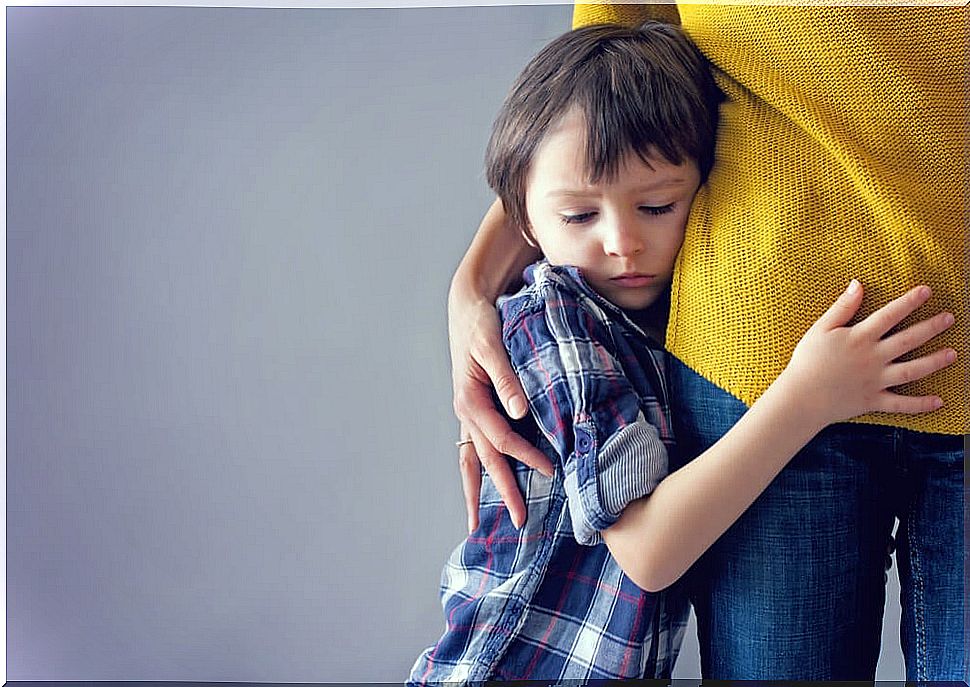
We must bear in mind that children have been the population group that has experienced the strictest confinement. They have not been able to go to work, to the supermarket, to the pharmacy or to take out the garbage on the corner; his confinement has been absolute. And this is something that increases the chances that now going out to the street is an anxious situation for them.
How does it manifest?
The cabin syndrome is manifested by a fear of going out, to contact other people and to carry out activities that are outside our current comfort zone, that is, outside our home. To check if your child is suffering from this condition you can look at several parameters:
- Observe if they express thoughts of restlessness and uncertainty about going outside. For example, you may think, “I don’t know what I’m going to find when I go out, or how I’m going to feel.” Let us also bear in mind that for months we have said that there is a dangerous virus out there and they may fear for their health and safety.
- Stay alert for physiological reactions such as restlessness, anxiety, palpitations. .., or cognitive symptoms, such as concentration and memory deficits.
- Above all, observe their attitude when going out. If you refuse or refuse to do so, if you reach the portal but do not leave, if you feel uncomfortable while you are away and want to return as soon as possible. ..
In addition, it is more likely to occur in those children who, by their very nature, tend to be lonely or have socialization problems. It can also be common in teenagers, used to socializing through the virtual world.
They may not find an outing for a walk with their parents attractive when they have the option of staying home communicating with their friends or playing a video game with them.
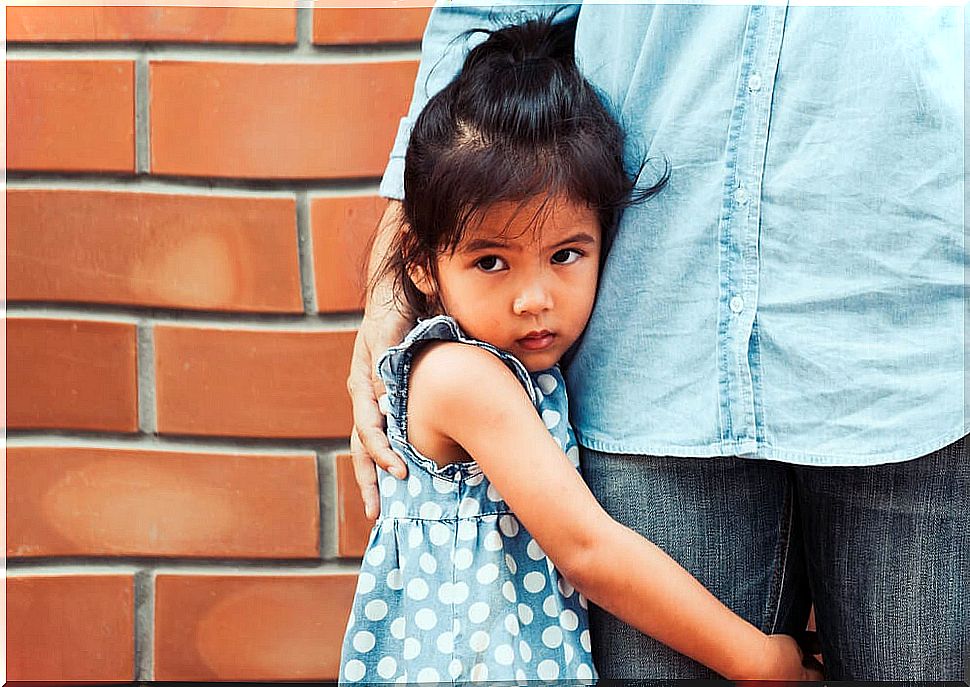
How can we help children overcome cabin syndrome?
In the first place, it is necessary to understand that it is not a pathology, but that it is simply a natural reaction to the circumstances that they have been experiencing.
From here it is necessary to put ourselves in their shoes, understand and validate their emotions. It is not advisable to minimize what they feel or force them to go on outings or activities for which they feel unprepared.
The main thing is to help them lose fear and make gradual exits. We have to explain to them that, even if we go out, we will maintain security measures. The positive thing is that, for children, their parents are their main reference figures and, therefore, when they go out with them, they will feel more calm and protected.
Encourage your little one to look out the window and check that there are other children on the street, and propose short outings that get longer as they feel more comfortable and secure. If we give in to worry and stay home, we are only feeding the fear.
